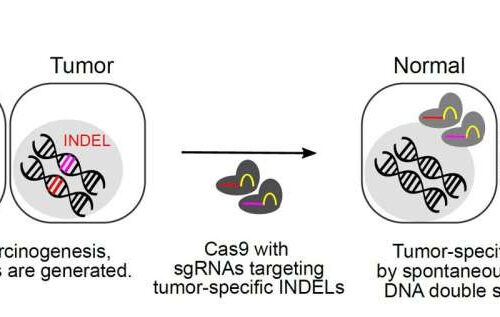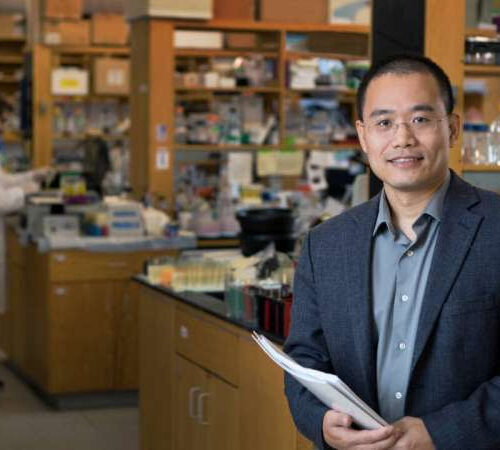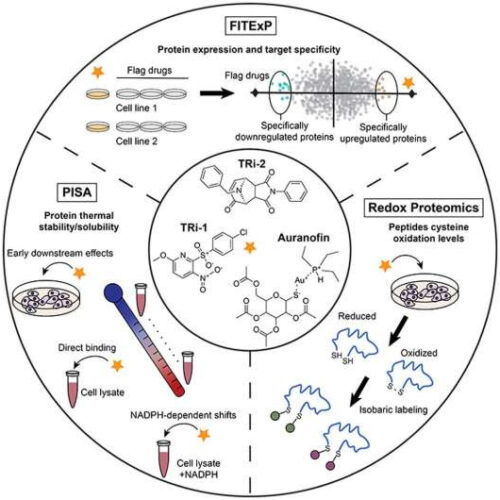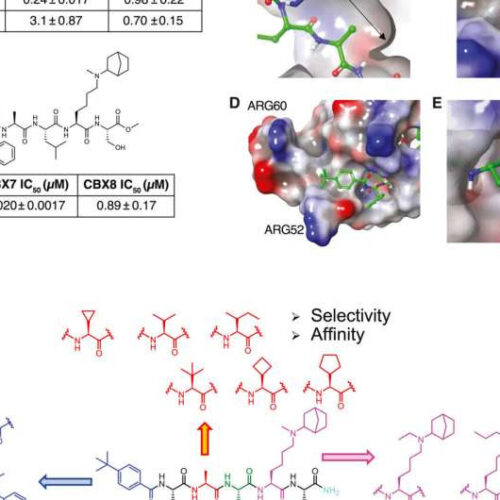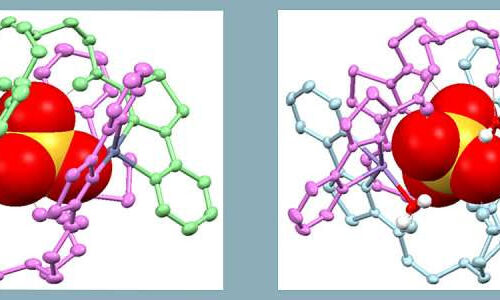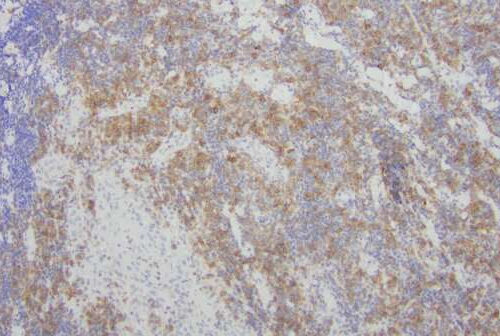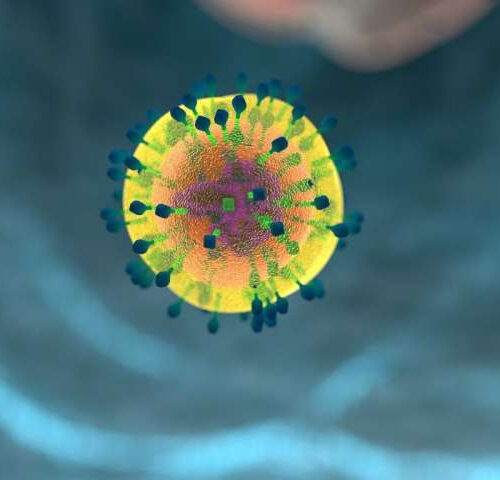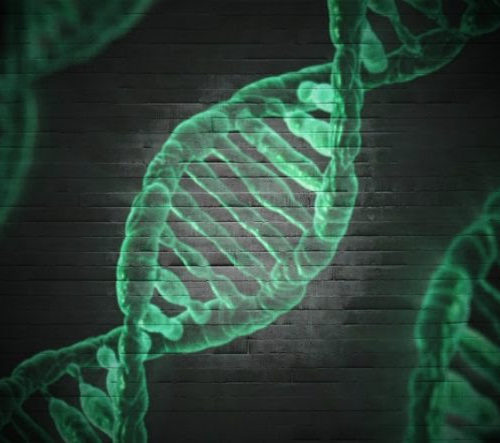by Institute for Basic Science Figure 1. Cancer cells tend to accumulate many mutations during their growth. These include single base substitutions, small insertion/deletions (InDel), and large chromosomal changes. Researchers made CRISPR-Cas9 reagents targeting tumor-specific InDel mutations that can induce numerous double-strand breaks in the DNA of cancer cells, effectively killing them. Because normal cells...
Tag: <span>Cancer Therapy</span>
New cancer therapy holds potential to switch off major cancer types without side effects
by Liz Fuller-Wright, Princeton University In mice and in human tissue, a new compound discovered by Yibin Kang, seen here in his lab in 2017, disables a key gene that’s implicated in breast, prostate, liver, lung, colon and other cancers. Credit: Denise Applewhite, Office of Communications Imagine you could cure cancer by targeting one tiny gene....
Gold-based cancer therapy could face competition from other substances
by Karolinska Institutet Graphical abstract. Credit: DOI: 10.1016/j.redox.2021.102184 The gold complex auranofin has traditionally been used for treating rheumatism but is also being evaluated as a treatment for certain forms of cancer. Researchers at Karolinska Institutet in Sweden now show that other molecules that inhibit the same biological system have a more specific effect than auranofin...
Drug-like molecule points to novel strategies for cancer therapy
by Cristy Lytal, University of Southern California Figure 1. Structure-based design of selective CBX8 compounds. (A) Reported CBX7 compounds and their in vitro potency in an AlphaScreen competition assay. (B) Comparison of the alanine binding pocket size of CBX7 (top) and CBX8 (bottom). (C) Comparison of the aromatic cage region of CBX7 (top) and CBX8 (bottom). (D)...
Team achieves cancer therapy breakthrough in vitro using ‘self-assembled’ drugs
by University of Huddersfield Two different compounds were generated using zinc (left) and manganese (right). Whilst these two compounds “look” very similar, the zinc compound demonstrated excellent anti-cancer activity and selectivity towards a range of cancers in the laboratory, whereas the manganese compound was comparatively much more toxic, meaning there was more anti-cancer activity at a...
Gene implicated in poor skin cancer therapy outcomes
by Will Doss, Northwestern University Immunohistochemistry staining showing PD1 expression on tumor cells in a skin biopsy from a cutaneous T-cell lymphoma patient. Credit: Northwestern University Whole-genome sequencing analysis of cutaneous T-cell lymphomas has revealed that deletions of the gene PD1 were associated with worse prognoses, according to a recent Northwestern Medicine study published in Blood. Normally,...
Striking Gold: Synthesizing Green Gold Nanoparticles for Cancer Therapy with Biomolecules
Scientists at the Tokyo Institute of Technology (Tokyo Tech) have designed an eco-friendly protocol for synthesizing gold nanoparticles with optimized morphology for near-infrared light absorption using a biomolecule called B3 peptide. In their paper, they report the synthesis of triangular and circular gold nanoplates and their effectiveness in killing cancer cells by converting the absorbed...
Research study finds way to revive potent immune cells for cancer therapy
by Ludwig Institute for Cancer Research Credit: CC0 Public Domain A Ludwig Cancer Research study has discovered how to revive a powerful but functionally inert subset of anti-cancer immune cells that are often found within tumors for cancer therapy. Led by Ludwig Lausanne’s Ping-Chih Ho and Li Tang of the École Polytechnique Fédérale de Lausanne, the study describes how...
Inhibition of Mitochondrial DNA Transcription as an Approach to Universal Cancer Therapy
The key to a universal cancer therapy is to find a vulnerability that is (a) common to all cancers, something fundamental to cancer as a class, (b) nowhere near as prevalent in normal cells, and (c) can be cost-effectively exploited as a basis for treatment. Lengthening of telomeres is a good example, and an area in which at...
Survival protein may prevent collateral damage during cancer therapy
by Walter and Eliza Hall Institute of Medical Research The cell survival protein BCL-XL may protect kidneys from damage caused by cancer therapies. Credit: Art of Science, Dr Michael Roy WEHI researchers have identified a protein that could protect the kidneys from ‘bystander’ damage caused by cancer therapies. The “cell survival protein,” called BCL-XL, was required in...

